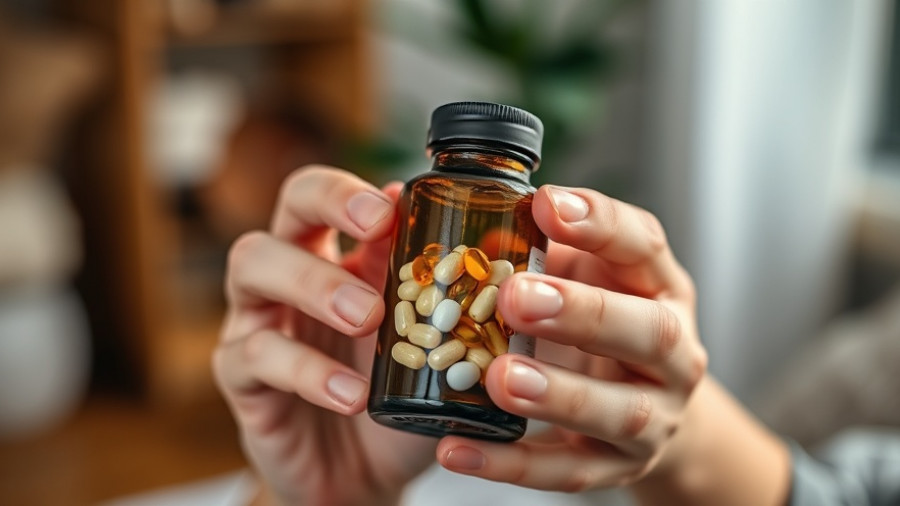
Avoiding the Hidden Dangers: The Link Between Supplements and High Blood Pressure
High blood pressure, often referred to as hypertension, is a silent epidemic affecting approximately 50% of adults in the United States. While lifestyle adjustments and prescription medications are common approaches to managing this health issue, many individuals turn to dietary supplements for additional support. However, not all supplements are heart-friendly. In certain cases, they can exacerbate high blood pressure and even lead to serious complications. In this article, we will explore five specific vitamins and supplements you should avoid if you have high blood pressure.
Bitter Orange: A Risky Substitute
Bitter orange, derived from the peel of the Seville orange, is often included in weight-loss and energy-boosting supplements. This extract contains a compound called synephrine, which acts similarly to ephedrine—a substance banned due to its significant cardiovascular risks. Research indicates that prolonged use of bitter orange can elevate both systolic and diastolic blood pressure, potentially increasing the risk of heart attack and stroke. As this supplement is frequently combined with other ingredients, reading labels carefully is essential.
Licorice Root: Sweetness Can Carry Risks
Licorice root has been traditionally used for its soothing properties and to aid in digestion. However, it contains glycyrrhizic acid, known for causing sodium retention and potassium depletion, which can lead to increased blood pressure. One study found that even a small dose of licorice could significantly elevate blood pressure in regular consumers. Therefore, it is imperative for individuals with hypertension to avoid licorice root supplements and to check food products for this ingredient.
Caffeine-Containing Supplements: The Double-Edged Sword
Caffeine is renowned for its ability to enhance alertness and concentration, but it presents a paradox for those with high blood pressure. Present in various supplements marketed for energy and performance, caffeine can cause temporary spikes in blood pressure. Research suggests that even small amounts of caffeine can affect heart health, and individuals with hypertension may wish to avoid not just caffeine but also guarana, an ingredient high in caffeine often found in energy drinks.
Yohimbine: Proceed with Caution
Yohimbine, sourced from the bark of the yohimbe tree, is marketed for increasing libido and weight loss. Despite its benefits, yohimbine is a potent stimulant that can dangerously elevate blood pressure. Studies have indicated that this compound raises norepinephrine levels, a hormone that constricts blood vessels, ultimately raising blood pressure and straining the heart. Individuals with hypertension should steer clear of yohimbine.
Ephedra: A Historic Threat
Once a popular ingredient in supplements aimed at weight loss and energy boosts, ephedra has been banned by the FDA due to its association with dangerous health risks. It has been linked to heart attacks, strokes, and even fatalities. Despite its ban in dietary supplements, it can still be found in some allergy and asthma medications. If you're managing high blood pressure, it's essential to avoid products that list ephedra or its active components.
Expert Insights: The Importance of Consultation
Healthcare professionals emphasize the importance of consulting a doctor or pharmacist before starting any new supplement, especially for individuals with hypertension. Proper guidance can help mitigate risks associated with potential interactions and side effects. Always provide your healthcare provider with a comprehensive list of all supplements and medications you are taking.
Final Thoughts: Making Heart-Smart Choices
Ultimately, while some supplements possess potential health benefits, others can pose significant risks to those managing high blood pressure. It’s critical to prioritize heart health by avoiding dangerous supplements, practicing a healthy lifestyle, and maintaining open communication with healthcare providers. Through education and proactive choices, individuals can better navigate their health journeys effectively and with optimism.
 Add Row
Add Row  Add
Add 




Write A Comment